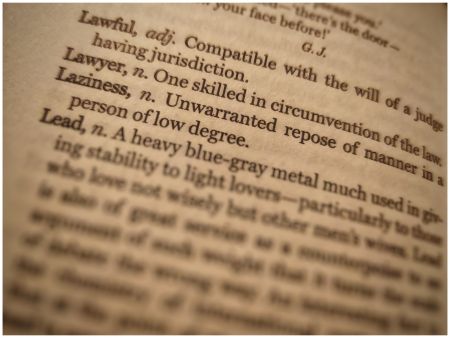Due diligence questionnaire: Difference between revisions
Amwelladmin (talk | contribs) No edit summary |
Amwelladmin (talk | contribs) No edit summary |
||
| Line 1: | Line 1: | ||
{{ | {{def|Due diligence questionnaire|/djuː/ /ˈdɪlɪʤəns/ /ˌkwɛstɪəˈneə/|n|}}The 120-page long [[form]] by which one satisfies one’s [[compliance department]] that one has paid attention to the organisation and competence of one’s financial service providers. | ||
Persons charged with requiring, or responding to, [[due diligence questionnaire]]s like to shunt any difficult or stupid questions they find to the [[legal department]]. This is almost never justified or appropriate. | |||
{{Ddq capsule}} | |||
{{sa}} | {{sa}} | ||
*[[Due diligence]] | *[[Due diligence]] | ||
*[[Due dilly]] | *[[Due dilly]] | ||
Revision as of 15:43, 10 June 2021
|
Due diligence questionnaire /djuː/ /ˈdɪlɪʤəns/ /ˌkwɛstɪəˈneə/ (n.)
The 120-page long form by which one satisfies one’s compliance department that one has paid attention to the organisation and competence of one’s financial service providers.
Persons charged with requiring, or responding to, due diligence questionnaires like to shunt any difficult or stupid questions they find to the legal department. This is almost never justified or appropriate.
The JC’s practical guide for legal eagles on how to respond to requests to help fill out due diligence questionnaires:
Choose any ONE (1) of the following answers:
EITHER
“That is a matter of legal interpretation and not an appropriate subject for a due diligence questionnaire. If the client wants to know this, they should ask their lawyers.”
OR
“That is a matter of fact. I am a lawyer. I have trained for many years precisely to avoid questions like this. I neither know nor care about “facts”. I exist on a higher jurisprudential plane. Go and ask someone in operations.”
